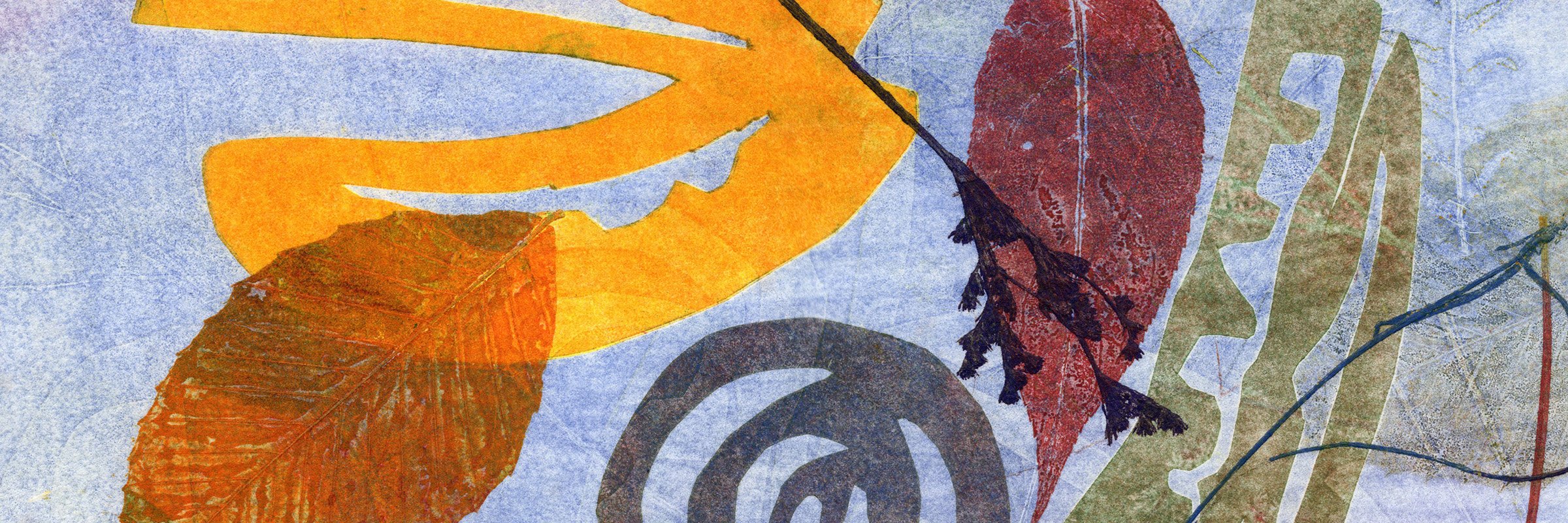LRS Learning Portal

For 2024 LRS Restorationists and Faculty
Readings, references, class schedule/activities and facilities information via 2024 portal link (coming soon)
For Alumni:
Readings, references, class schedule/activities and facilities information via Prior Year 2023 portal link
Class readings, references, continuing education, certification, and work opportunities via Prior Year 2022 portal link
Our faculty, led by our curriculum chair Chris Young, has described the framework of learning outcomes for the LRS as follows. After completing this eight-week program, participants will be able to:
Clearly articulate the relevance of ecological restoration, its connection with people, and its role in a just society.
Meaningfully define the process of ecological restoration and articulate the core principles of the field.
Appropriately describe how ecological restoration is influenced and guided by multiple interacting disciplines of the natural sciences, together.
Effectively express an awareness of the multiple ways that land restoration emerges at the intersection of ecological theory and place-based examples of practice.
Meaningfully integrate concepts from the science of ecology, the practice of restoration, and other ways of knowing, with an awareness of how these systems range from simple to complex.
Effectively practice the preparation of a restoration plan, acknowledging scientific, ecological, and practical constraints.
Effectively practice various field methods for site assessment and for restoration management.
Move forward in their lives, transformed and equipped with professional development and team-building skills, along with knowledge enabling an entrepreneurial career in ecological restoration and a passion to continue on a lifelong journey of change.
These outcomes above reflect four broad themes. To teach:
First, the relevance of ecological restoration with a focus on the resilience of the environment for people, society, culture, and all beings (biodiversity) with a stake in restoration;
Second, the processes and principles for theory and application across disciplines;
Third, the multiple ways of knowing, being, and doing (complexity); and
Fourth, the transformational* aspects of being aware/involved in restoration. *Transformation includes how ecological restoration transforms places and people. It involves the iterative and reciprocal relationships revealed in the practice of ecological restoration according to the biography, circumstances, and interests of the participants.
Each of these themes appears throughout all courses within the program.
